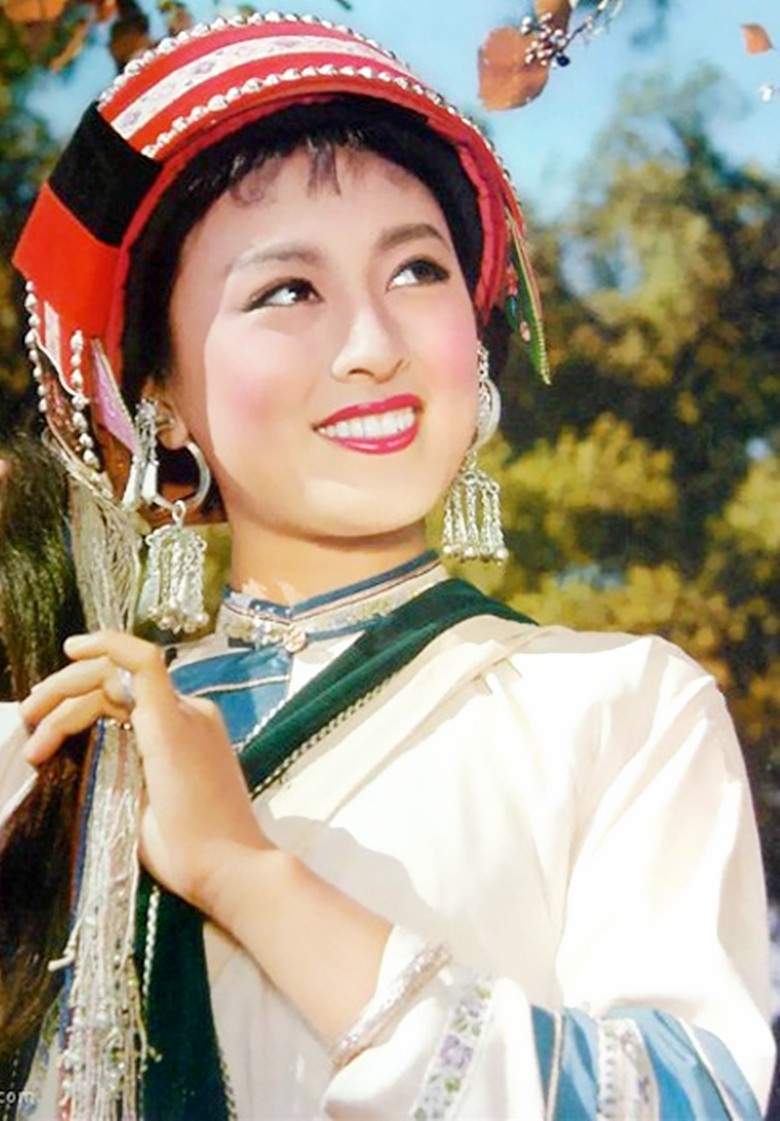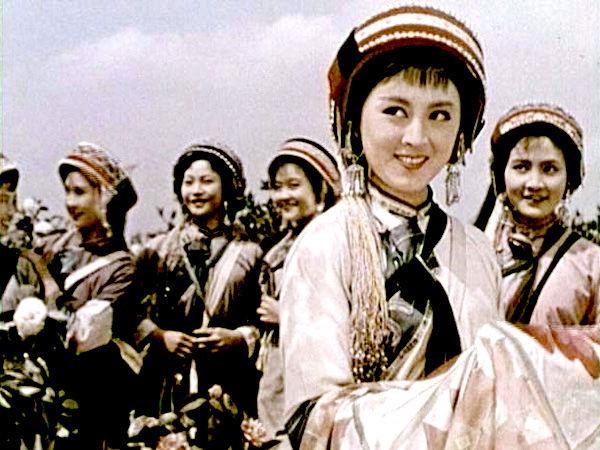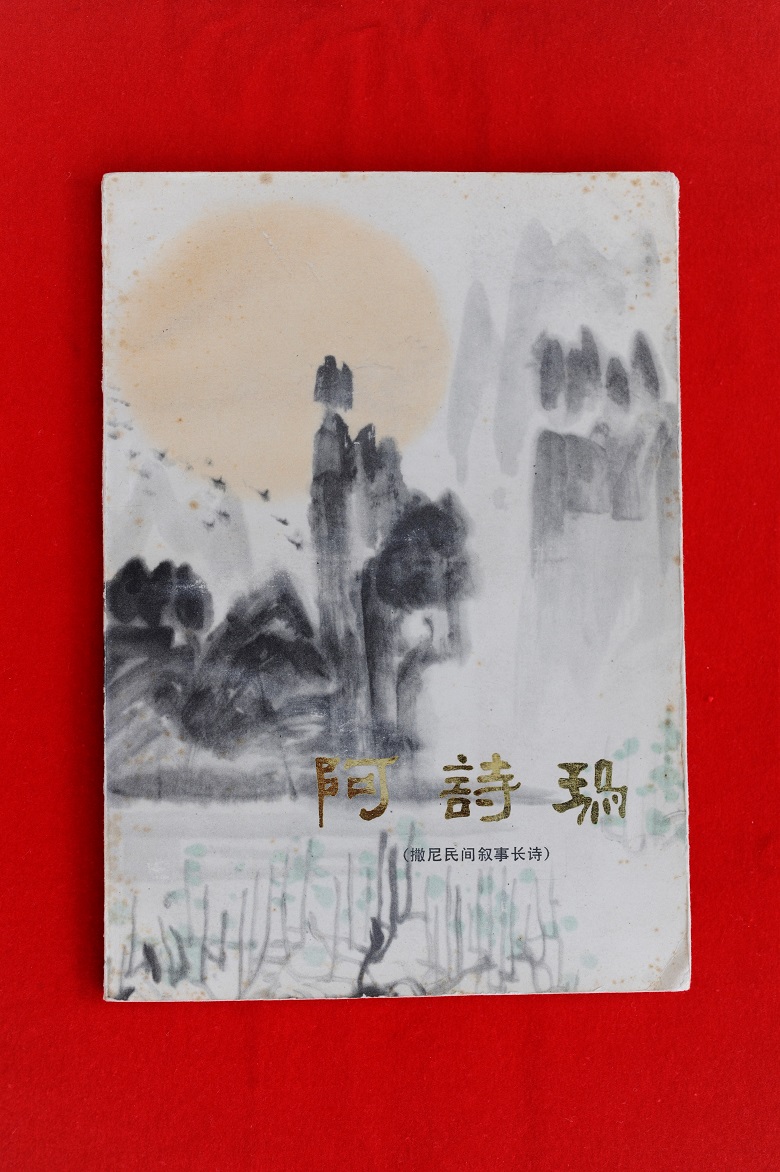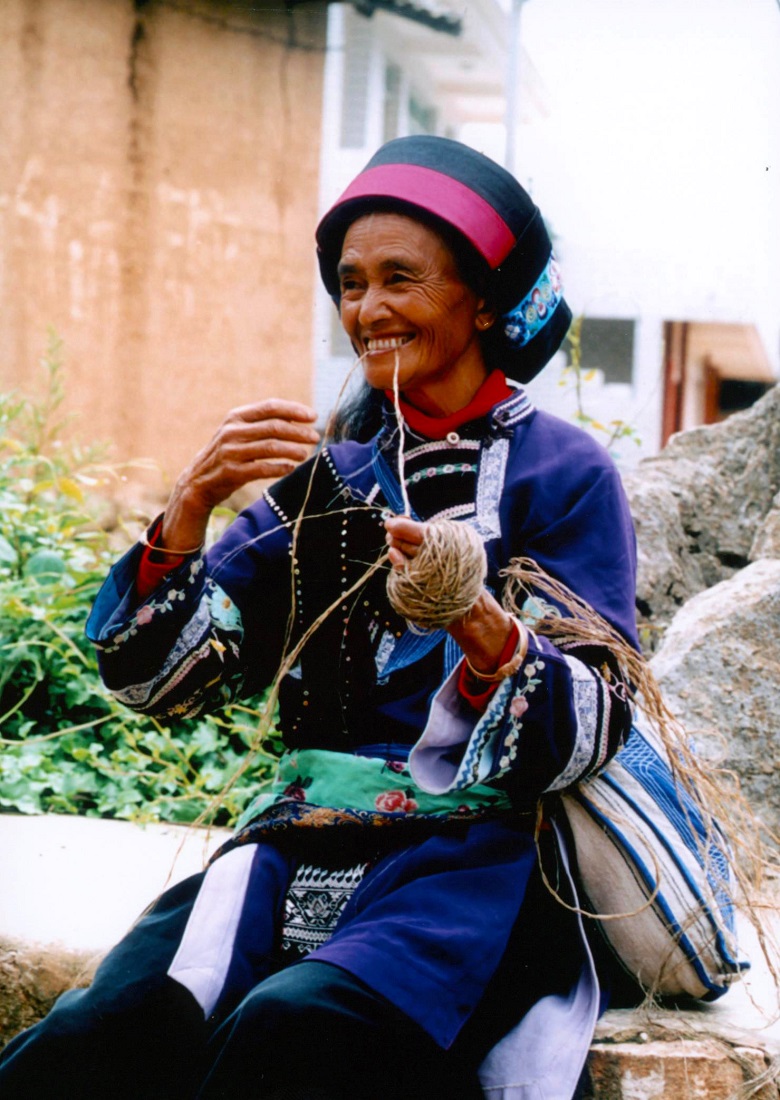Yi ethnic narrative long poem Ashima is spread in Shilin Yi Autonomous County, Kunming.
It was originally sung in Sani language. Before the
1950s, Ashima sung in Sani language was very popular in Sani Yi areas; later it
was translated into Chinese and performed in other art forms, having good
influence at home and abroad while the Ashima sung in Sani language became endangered in Sani Yi areas, and now very few
artists can sing it in Sani language.
Ashima uses
oral poetry language and narrative tune to tell the story of Ashima, describing
Ahei and Ashima's story of their indomitable struggles against power and finally
becoming “echo” in mountains and “peak” in stone forest to leave beauty to the
world. It indicates that light will eventually defeat darkness, goodness will
eventually defeat evil, and freedom will eventually defeat oppression,
reflecting the ethnic character and spirit of Sani people that “can be
destroyed but never defeated”. In Sani people's mind, Ahei and Ashima are
symbols of heroes and beauty respectively.
Ashima is
divided into two genres from north and south. The southern genre is distributed
in Guishan Township, Muzhuqing Township, and Weize Township while the northern
genre is distributed in Beidacun Village, Xijiekou Township, and Shilin Town.
Both genres are similar. Ashima can
be told and sung, and the latter accounts for more with singing patterns like
solo, antiphony, and chorus led by one person. Tunes include Xidiao
("happy tune"), Laorendiao ("old man tune"), Beidiao ("sad
tune"), Kudiao ("crying tune"), and Madiao ("scolding
tune"), etc. corresponding to
the singer’s age and gender. Ashima is sung in five-character sentences, using techniques such as foreshadowing,
exaggeration, and irony
as well as techniques such as homophone, anadiplosis, zeugma, and
metaphor. It is sung and told mainly in festivals, marriages, sacrifices,
burials, work, and life, especially during weddings.
Since the publication of the Chinese text in the
early 1950s, Ashima has been
translated into English, French, German, Spanish, Russian, Japanese, Korean and
other languages abroad. It has also been adapted into a movie in China -
China's first color widescreen stereo musical film. It has also been adapted
into Peking Opera, Yunnan Opera, opera, dance drama, and Sani opera, etc. Its
Chinese text was evaluated as one of the “100 Best Chinese Literature Books in the
Past 100 Years” in
China; dance drama was awarded “20th Century Dance Classic in China”; and the
movie with the same name won the best dance film at the first Santander
International Music and Dance Film Festival in Spain in
1982. As a recognized outstanding masterpiece of Chinese folk literature, Ashima is included in “Folk Literature” textbook for
colleges and universities, authoritative dictionary Ci Hai, and Chinese
Encyclopedia: Chinese Literature, etc.

Ashima actress - Yang Likun

Ashima movie

Ashima book

Wang
Yufang, representative inheritor of Ashima project
![]() No. 53012602000141, Anne, Yunnan Public Network
No. 53012602000141, Anne, Yunnan Public Network



